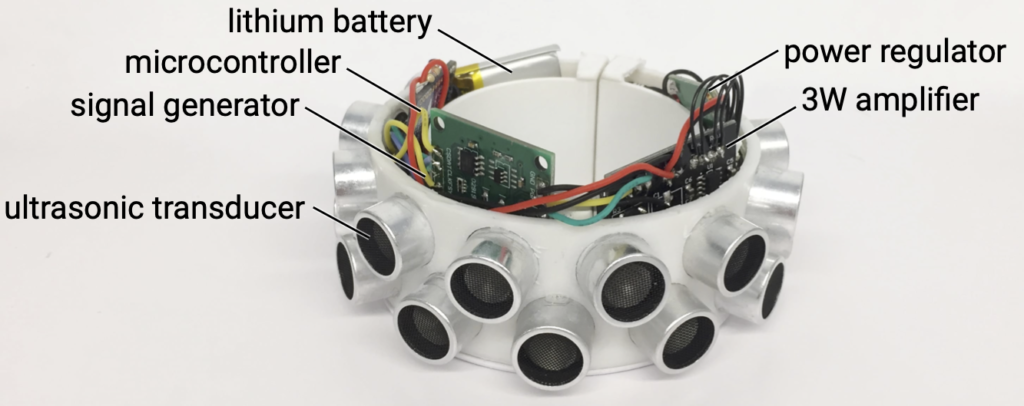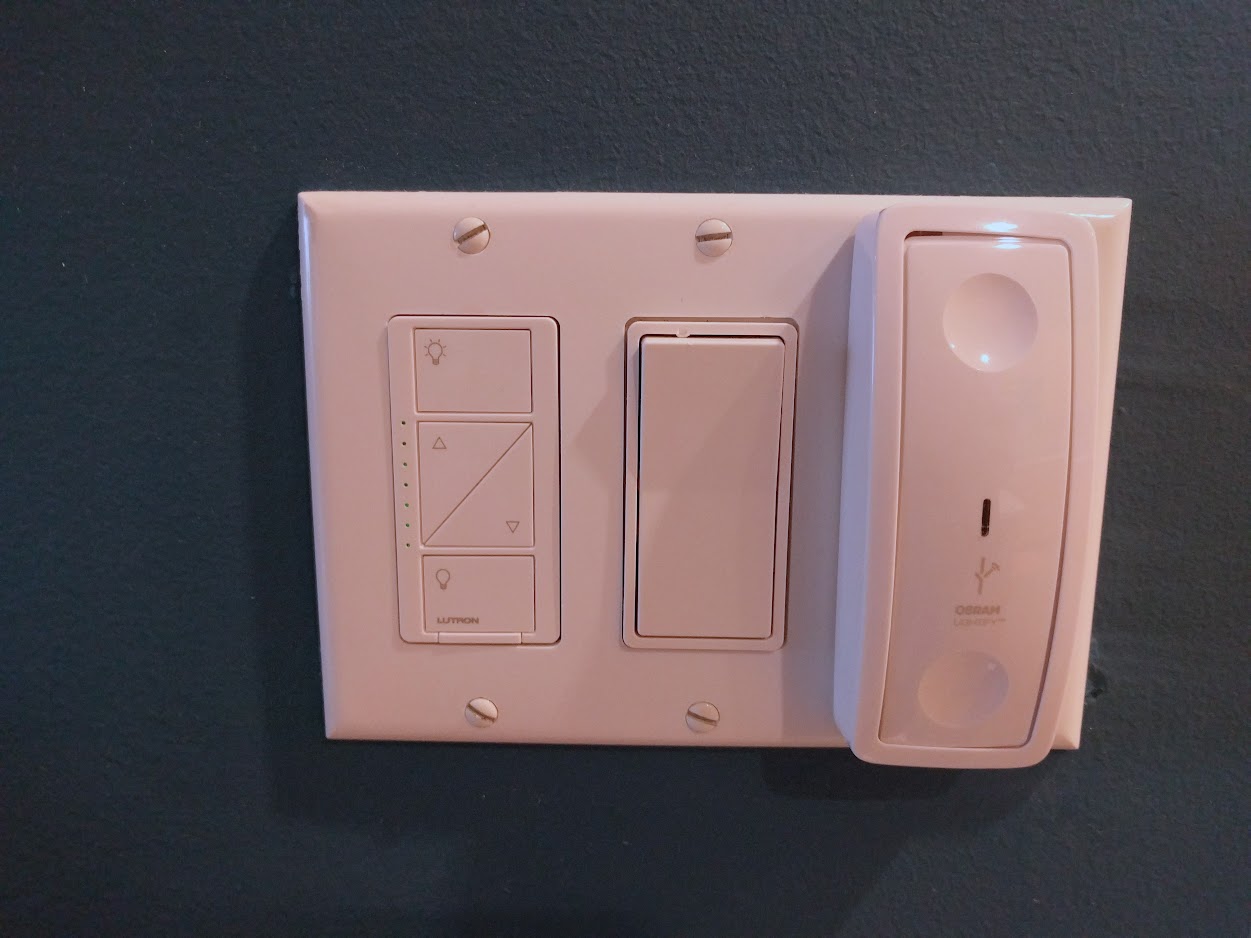This week Kevin is back and we’re digging into Ring’s decision to listen to its critics and change some of its security features. It’s a welcome sign of overall maturity in the tech industry. At the same time, it’s unclear if the Ring cameras are that helpful to law enforcement. We then discuss the rise in smart speaker sales, a privacy-focused bracelet, funding for cool new technology, and how China’s handling of the coronavirus shows off the pros and cons of IoT in society. We hit some news bits related to 5G networks, a way for ISPs to make sure your IoT gear is working, funding for Bluetooth chips, and a cybersecurity warning for healthcare. Kevin also shares his planned Home Assistant project. We end with a way to keep your Google Assistants on your home devices from fighting with your Pixel.

This week’s guest is Taj Manku, CEO of Cognitive Systems, who comes on to share details of the firm’s technology and to discuss how the company is trying to respect user privacy. Cognitive Systems has developed technology that measures disruptions in a home Wi-Fi network and uses those disruptions as a way to track actions in the home. Currently, ISPs and router makers can use the technology to offer motion sensing for security purposes, but eventually, it might offer a way to detect falls or even motion as subtle as a baby breathing. That level of insight also creates privacy concerns, so Manku explains exactly how the firm handles consumer data and the steps it has taken to ensure even law enforcement can’t see inside the home. Enjoy the show.
Hosts: Stacey Higginbotham and Kevin Tofel
Guest: Taj Manku, CEO of Cognitive Systems
Sponsors: DigiCert and Very
- Ring has decided to listen to consumer security complaints
- China’s surveillance state is one version of our IoT future
- Kevin’s planning to embrace Home Assistant
- How to see inside a home without using cameras
- A cloud-to-cloud approach and encryption are some ways to protect your privacy

No comments:
Post a Comment